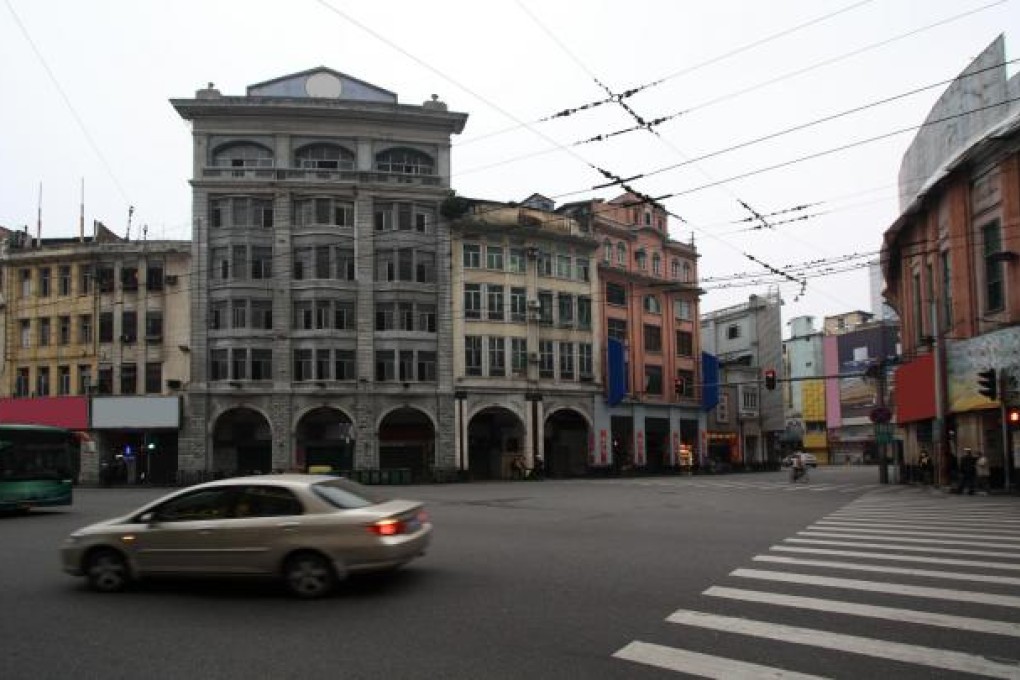Hong Kong property buyers can turn the tables on mainland Chinese
New book on the mainland property market says Hongkongers can get a good deal if they know the regulations and don't mind all the paperwork

Hongkongers who are tired of mainland buyers driving up local property prices may want to flip the situation and buy real estate across the border.
Property specialist Christopher Dillon looks at exactly that in his new book Landed China. He writes about the steps foreigners must take to buy property on the mainland.
The market is one the region's best-performing. According to the 2013 Knight Frank Wealth report, property prices in Beijing and Shanghai rose 12.82 per cent over the six months to December last year.
"Guangzhou is the ugly duckling in all of this, but it's arguably the most interesting," says Dillon. The city's old factories and buildings have history dating back to the opium wars.
"There's a lot of hot money sloshing around, and if you are an investor, here or in China, real estate is the cleanest shirt in the dirty laundry hamper."
It is the most viable alternative to the volatile stock markets, the illiquid bond market and zero bank rates, creating tremendous demand, he says.
Recently introduced cooling restrictions, including tightening up on second-home purchases, had failed, which just fuelled the buying frenzy. "There's a perception that you have to buy, a gold-rush mentality, because if they're going to tighten up now, they'll tighten up even more tomorrow," says Dillon.